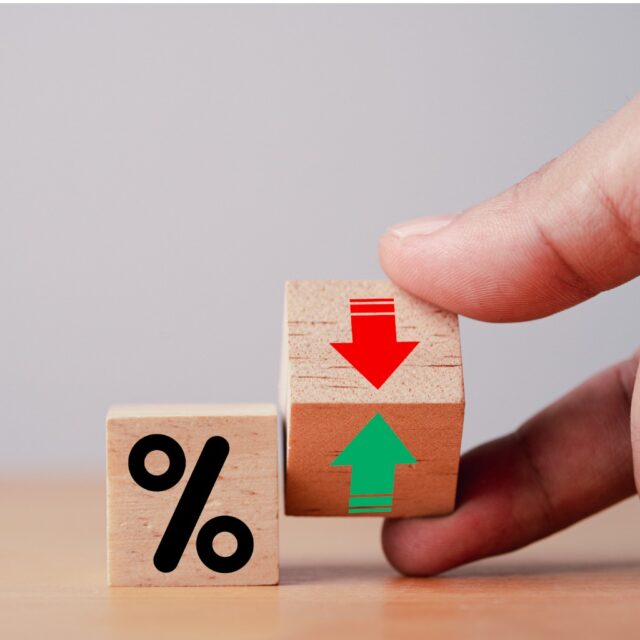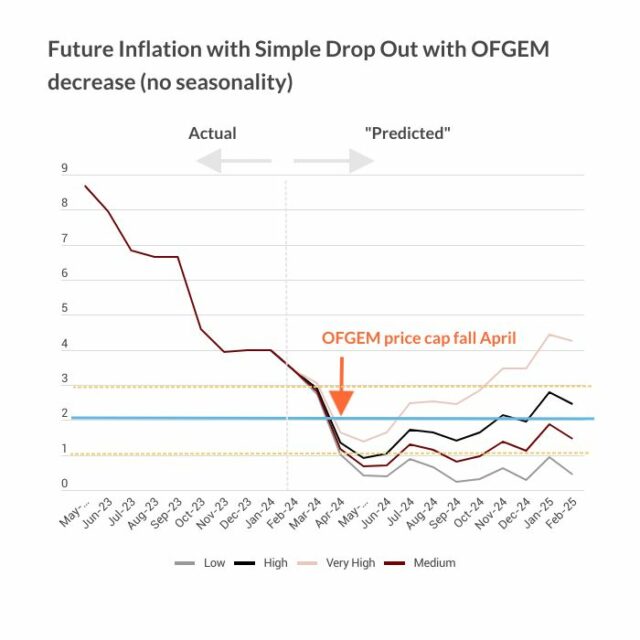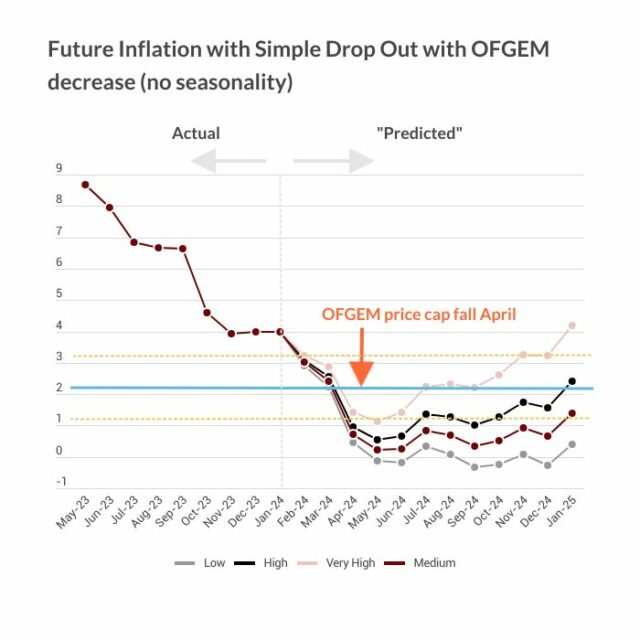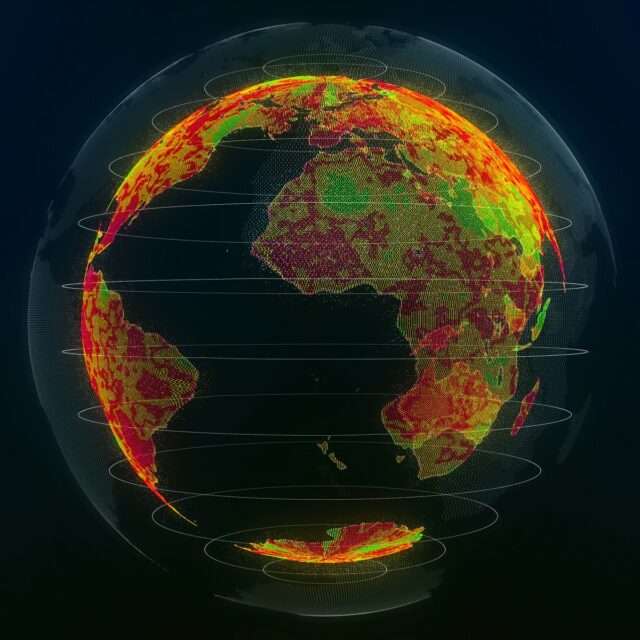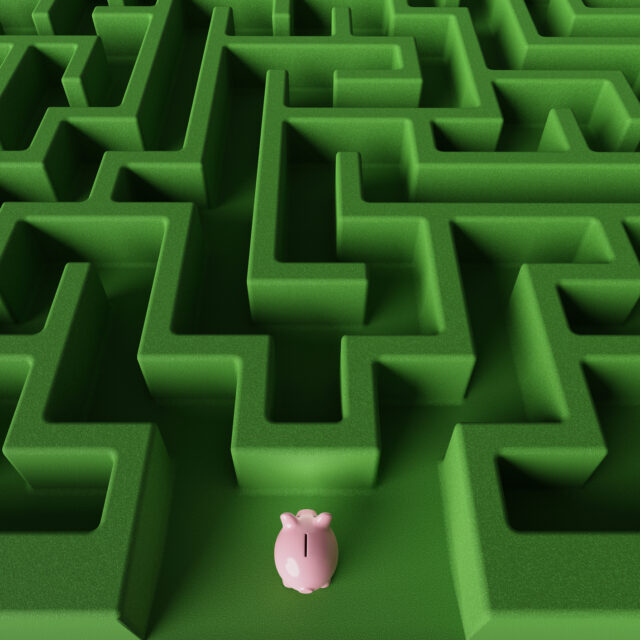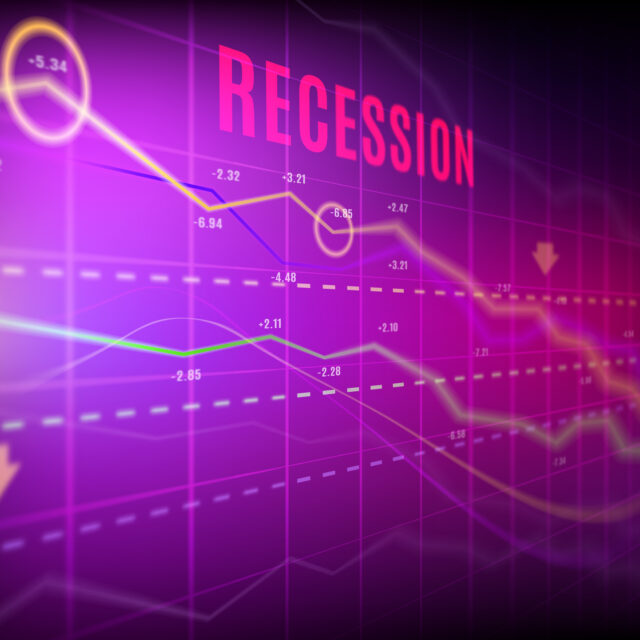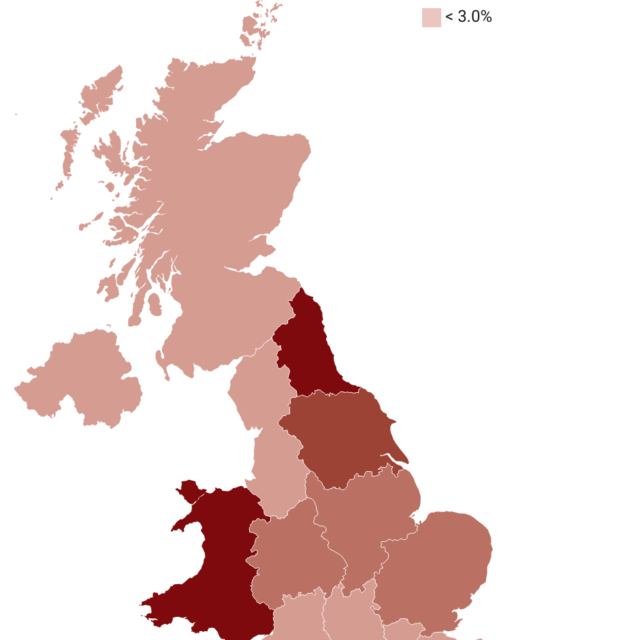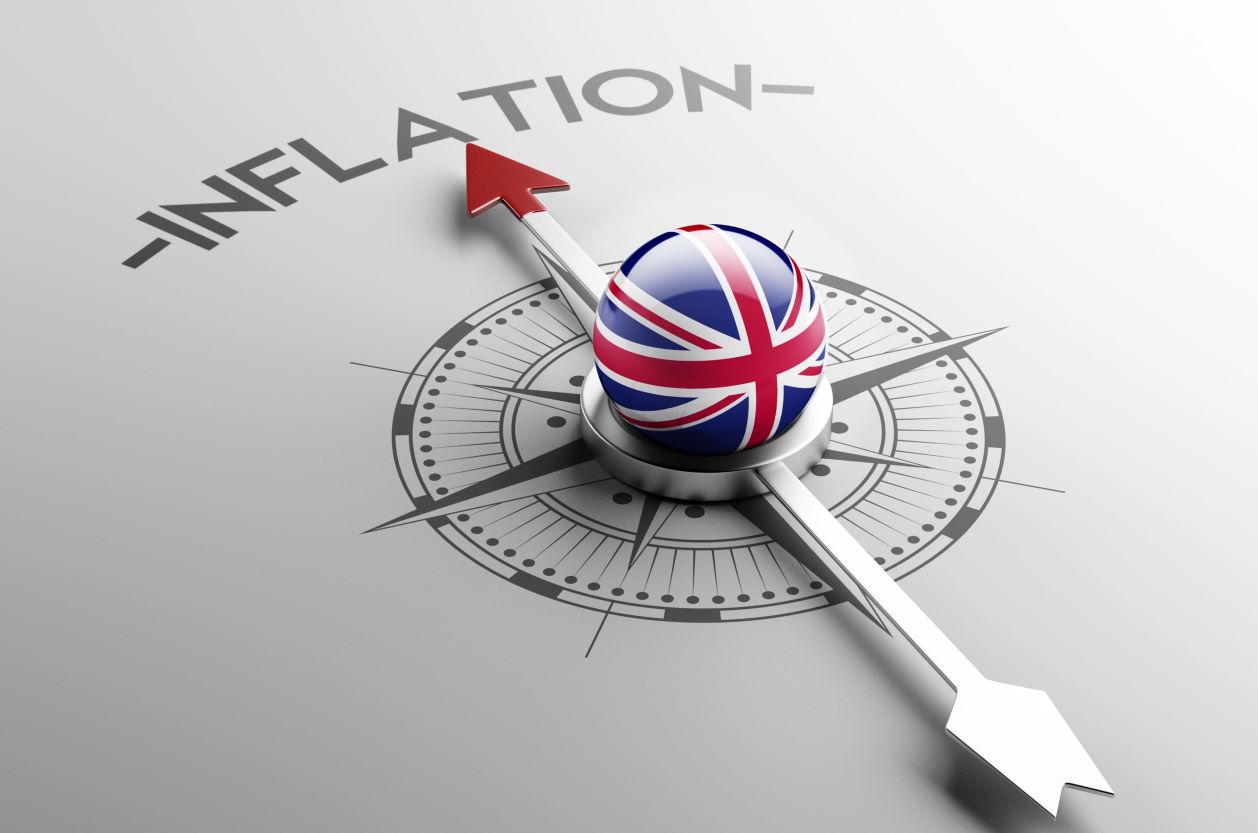World Economy Forecast
 Pub. Date
Pub. Date
31 January, 2008
 Pub. Type
Pub. Type
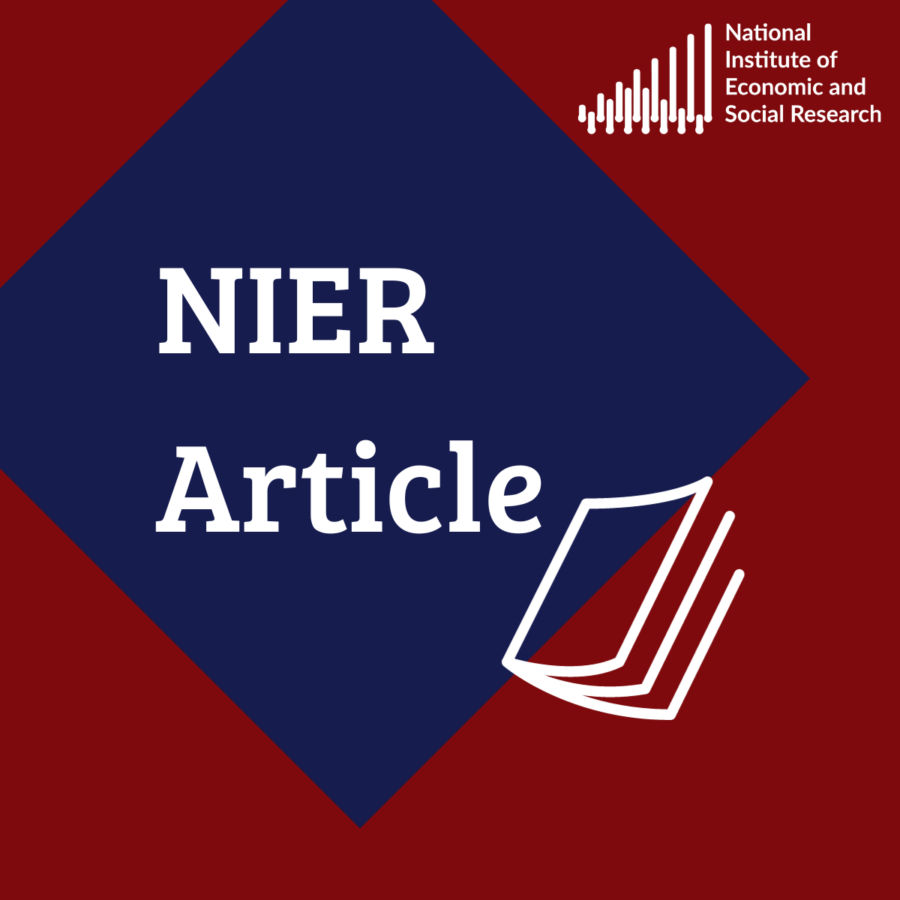
- The global economic outlook has darkened. World GDP growth will slow this year. Inflation in the OECD countries will rise from 1.9 per cent in 2007 to 2.5 per cent in 2008. Although the US Federal Reserve has slashed its main policy rate, worries about inflation are holding back interest rate cuts in the Euro Area.
- Not only has the outlook for growth deteriorated but also the danger of a more painful relapse has increased. The main risk is that the financial malaise will get a lot worse. A severe American banking crisis would knock global growth in three main ways, by pushing the United States into recession, by causing sharp declines in global equity markets, and by further restraining credit growth in developed economies. Under this scenario, American output would stagnate in 2008 compared with 2007 and growth in the Euro Area would slip below 1 per cent this year.
- Provided such a banking crisis can be avoided, the United States should be able to avoid a recession and grow by 2.2 per cent this year, the same as in 2007. Inflation, measured by the private consumption deflator, will rise from 2.5 per cent in 2007 to 3.2 per cent this year; it will then decline to 2.2 per cent in 2009.
- The American central bank's emergency cut in the fed funds rate from 4.25 to 3.5 per cent on 22 January, together with further expected cuts, will help stabilise the US economy. If the central bank were to have held the rate at 4.25 per cent for the rest of the year or more, GDP would grow by only 1.4 per cent in 2008. If there is a temporary fiscal boost of $150 billion in 2008, this will add 0.4 percentage points to this year's GDP growth, potentially allowing the economy to expand by 2.6 per cent. However, this may be offset at least in part by the Fed easing monetary policy less than expected.
- Growth in East Asia is expected to drop only a little in 2008. China will grow by 10.3 per cent, down from 11.3 per cent in 2007. Japanese growth will slow from 1.9 per cent last year to 1.7 per cent in 2008. However, East Asia has not wholly Ôdecoupled' from the United States and an American recession would dent external demand for its exports, a major source of GDP growth across the region.
- GDP growth in the Euro Area will slow from 2.7 per cent in 2007 to 1.9 per cent this year, even though consumer spending growth will pick up from 1.6 to 2.0 per cent. The slowdown will come from two main sources. Private investment growth will fall from 4.6 per cent in 2007 to 2.7 per cent in 2008. And net exports will clip GDP growth rather than adding to it as in 2007.
- The forecast incorporates new purchasing-power parities Ðexchange rates based on prices which are used to turn country data into a common currency. Revisions for China and India have lowered estimates of global growth since 2001 by between 0.3 and 0.5 percentage points a year.

